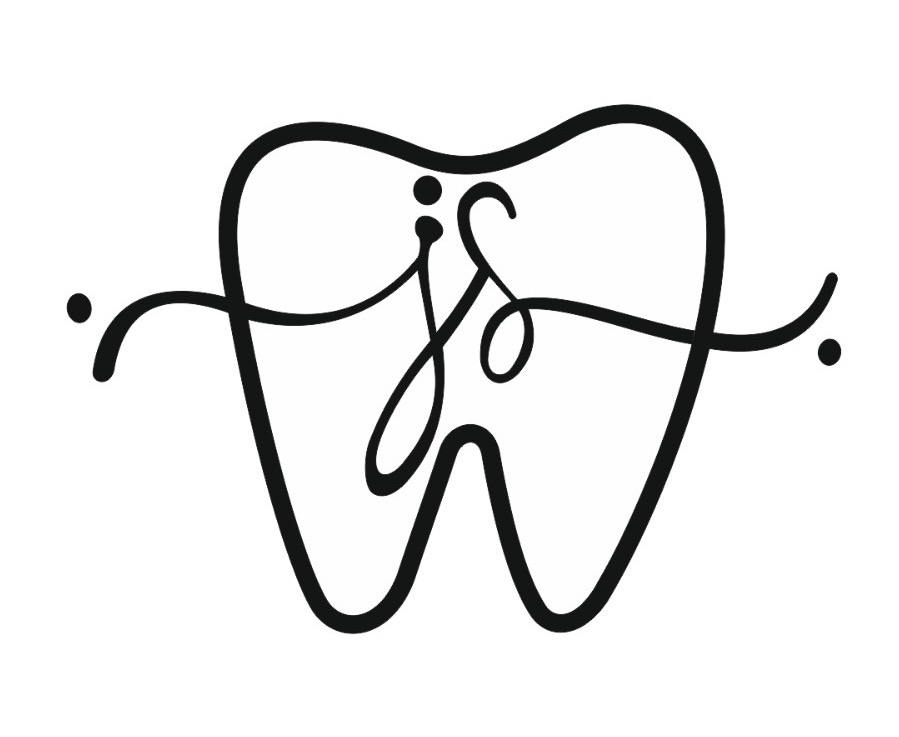Dental crowns are an essential solution for restoring damaged or weakened teeth, offering both strength and aesthetics. Among the various materials available for crowns, zirconia crowns have gained significant popularity due to their durability, appearance, and overall performance. In this blog, we will discuss what zirconia crowns are, their benefits, the procedure for getting them, and aftercare instructions.
What Are Zirconia Crowns?
Zirconia is a strong, durable, and biocompatible material made from a naturally occurring mineral called zirconium. When it is used in dentistry, it’s often in the form of zirconium dioxide (ZrO2), which has outstanding strength, wear resistance, and the ability to mimic the natural appearance of teeth. Zirconia crowns are typically used to restore teeth that are severely damaged, decayed, or discolored.
Zirconia crowns are often preferred over traditional metal crowns, porcelain-fused-to-metal crowns, or even other ceramic crowns due to their superior characteristics.
Benefits of Zirconia Crowns
- Exceptional Durability: One of the standout features of zirconia crowns is their incredible strength. Zirconia is one of the toughest materials used in dentistry, offering high resistance to wear, fractures, and chips. This makes it an excellent option for both front and back teeth, even those that experience heavy biting pressure.
- Natural Appearance: Zirconia crowns are highly aesthetic. They have a translucent, tooth-like quality that helps them blend seamlessly with natural teeth. Unlike metal crowns, which can appear gray or dark around the gum line, zirconia crowns maintain their natural white color, making them particularly suitable for visible teeth.
- Biocompatibility: Zirconia is highly biocompatible, meaning it’s unlikely to cause any allergic reactions or irritation to the gums and surrounding tissues. This makes it a safe choice, especially for individuals with sensitivities to metals.
- Minimal Tooth Reduction: Zirconia crowns typically require less removal of the natural tooth structure compared to other materials, preserving more of the tooth’s integrity. This makes the procedure less invasive and beneficial for long-term tooth health.
- Resistance to Staining: Zirconia crowns are resistant to staining from food, beverages, and tobacco. This ensures they maintain their bright appearance over time, even with regular consumption of staining substances like coffee or red wine.
- Long Lifespan: Due to their strength and durability, zirconia crowns tend to last longer than other types of crowns, providing excellent value in the long run.
- No Need for Metal Framework: Unlike porcelain-fused-to-metal crowns, zirconia crowns do not require a metal base, which can sometimes show through at the gum line. This contributes to the more natural, aesthetic appeal of zirconia crowns.
The Procedure for Getting Zirconia Crowns
The process of getting zirconia crowns typically involves a series of appointments with your dentist. Here’s what you can expect during the procedure:
- Initial Consultation: During the first visit, your dentist will assess the condition of your tooth, discuss your dental needs, and determine if a zirconia crown is the best option for you. They will also take x-rays to check the health of the underlying tooth structure.
- Preparation of the Tooth: If the tooth is damaged, decayed, or has an existing filling, your dentist will begin by cleaning and reshaping the tooth to prepare it for the crown. This may involve removing a small portion of the tooth to ensure the crown fits properly.
- Impressions: After the tooth is prepared, your dentist will take an impression of the tooth to create a custom crown that fits perfectly. This can be done using traditional molds or advanced digital impressions, which are more precise and comfortable.
- Temporary Crown: In many cases, your dentist will place a temporary crown over your tooth to protect it while the permanent zirconia crown is being made. This temporary crown will stay in place until your next appointment.
- Fabrication of the Crown: The impression is sent to a dental lab, where technicians will craft the zirconia crown. The process usually takes a week or two, and modern technology like CAD/CAM systems may be used to design the crown digitally for a precise fit.
- Fitting the Crown: Once the permanent zirconia crown is ready, your dentist will remove the temporary crown and place the new one on your tooth. They will check the fit, color, and bite alignment before permanently bonding it in place with dental cement.
- Final Adjustments: Your dentist may make minor adjustments to ensure that the crown fits comfortably and that your bite feels natural. They may also polish the crown to achieve the ideal shine and smoothness.
Aftercare for Zirconia Crowns
While zirconia crowns are strong and durable, taking good care of them is essential for maximizing their lifespan and ensuring long-term oral health. Here are some aftercare tips for your new zirconia crowns:
- Avoid Hard or Sticky Foods: In the first few days after getting your zirconia crown, try to avoid chewing hard or sticky foods that could put excessive pressure on the crown. While zirconia is durable, it’s still best to allow the crown to settle into place without undue stress.
- Maintain Good Oral Hygiene: Continue brushing and flossing regularly, paying close attention to the area around the crown. Make sure to use a soft-bristled toothbrush to avoid damaging the crown or irritating the gums. You may also want to use a fluoride mouthwash to help protect the surrounding teeth.
- Avoid Grinding or Clenching: If you have a habit of grinding your teeth (bruxism) or clenching your jaw, you may want to discuss a mouthguard with your dentist. Grinding can wear down your zirconia crown over time, so protecting it during sleep or stressful situations is essential.
- Regular Dental Checkups: Keep up with regular dental visits for professional cleanings and checkups. Your dentist will inspect the crown and surrounding teeth to ensure everything remains in good condition.
- Watch for Signs of Damage: While zirconia crowns are highly durable, they are not indestructible. If you notice any cracks, chips, or discomfort around the crown, contact your dentist immediately for evaluation and possible repair.
- Avoid Excessive Staining Substances: While zirconia is resistant to staining, it’s still a good idea to limit consumption of foods and drinks that can stain your natural teeth, such as coffee, tea, and red wine. This will help maintain the aesthetic appeal of your crown.
Conclusion
Zirconia crowns offer a fantastic solution for patients seeking durable, aesthetic, and long-lasting dental restorations. Whether you need a crown for a damaged tooth, a cosmetic improvement, or a full restoration, zirconia crowns provide strength, natural appearance, and minimal invasiveness. By following the proper aftercare instructions and maintaining regular dental checkups, your zirconia crowns can serve you for many years to come.
Consult us today at J S Dental Clinic for expert guidance!



